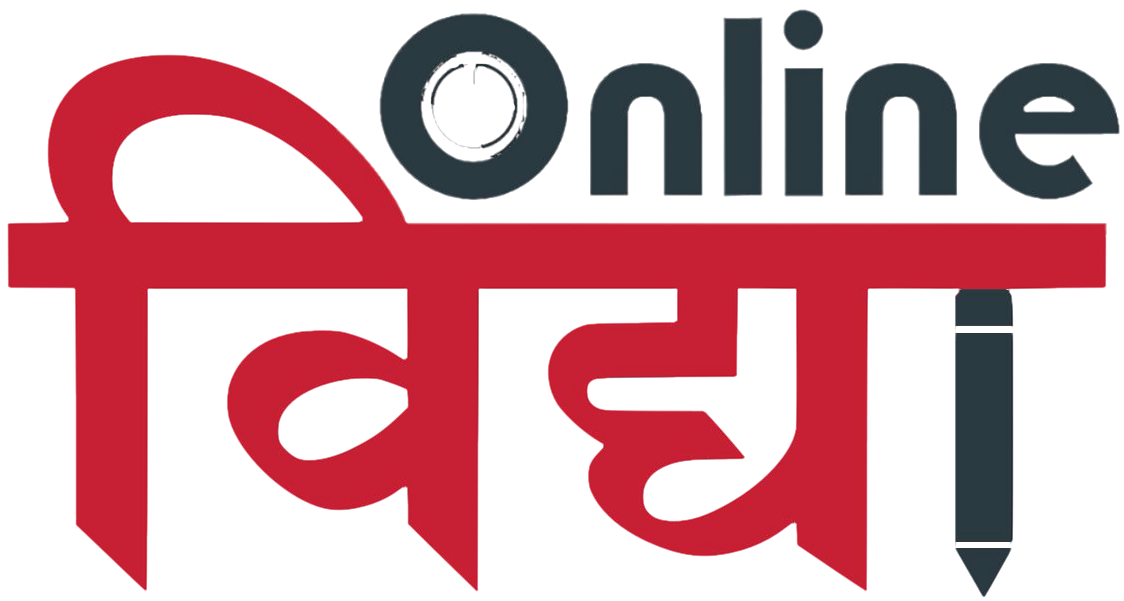Specializations
Courses Available
Courses

Roles and Responsibilities of DBA Students: Online Vidya Guide
Roles and Responsibilities of DBA Students: Online Vidya Guide,Sep 20, 2025
Information
Sep 20, 2025
708 Views
- Share:
In Business, a Doctor of Business Administration (DBA) is one of the most advanced credentials that a professional can pursue. It is designed for experienced professionals who want to pursue their careers, perform research, and apply innovative solutions to business challenges. A DBA is different from a traditional doctorate because it emphasizes practical problem-solving and applies in real business conditions, not just the theory and research of scholars.
As a DBA student, you expect to play many roles, balance research, learning, leadership, and moral responsibility. This blog presents a detailed description of the roles and responsibilities and tips of DBA students from online learning, in addition to the answers to general questions.
Advanced research
An important aspect of a DBA student is to conduct intensive research. A DBA is not just about studying concepts, but also about identifying problems in the real world and coming up with solutions that apply to them. Your research should be based on facts, data, and reliable sources. The purpose will be to analyze remarkable problems that are struggling with the organization or sector and provide solutions that are theoretically valid, but possible.
As a DBA student, you need:
- Identify relevant research problems for the current business environment.
- Review existing principles, models, and case studies.
- Collect and analyze data through examination, interviews, or industry reports.
- Make sure your research results are unique and useful for businesses.
- Be objective and present your research without any personal prejudice.
In addition to finding the answer, the research process emphasizes asking the right questions. During the program, you will achieve skills to link theoretical concepts to practical conditions, thus improving your analytical and decision-making skills.
Use the principle of practice
One of the primary differences between a DBA from other degree programs focuses on practical implementation. As a DBA student, you should use your learning in business conditions in the real world. This involves working with companies, understanding organizational structures, and implementing strategies that improve business practices.
Your role will be:
- Translate theory into practice.
- Installation of business models that can be used by companies.
- Provide leadership groups with improvements in workflow or strategies.
- Identify procedure intervals and suggest solutions in the data.
This applied approach prepares you for a career as an advisor, consultant, or leader who can effect change. A DBA stands out from other high degrees in the ability to apply knowledge in behavior.
Improvement in management and decision-making skills
Students who pursue a DBA can increase their leadership skills through strategic thinking and the development of moral decision-making. Leadership is more than people's leadership; This includes inspiring teams, impressing stakeholders, and making decisions that are in line with the organization's values.
To chase DBA, you need:
- Leading teams or projects in a creative as well as a professional way.
- Develop interaction and communication skills.
- Identify risk and take action to reduce it.
- Inspire groups and build trust in organizations.
- Provide moral practice in any commercial decision.
Through assignments, presentations, and research projects, you will achieve skills to solve the challenges of management with confidence and professionalism.
Time and project management
Since DBA students work professionally and have many responsibilities, they should master time management. You must balance research deadlines, educational responsibility, and professional responsibility.
Your responsibility includes:
- Creating a plan that allows you to manage tasks effectively.
- Break long projects into short but manageable pieces.
- Priority to work based on time limit and significance.
- Stay organized using digital tools or planners.
- Avoid relaxation by determining practical goals.
By effectively taking care of your time, you can make sure you stay on track and achieve success in both your educational and professional life.
Educational integrity and moral research
One of the most important duties of the student studying DBA is to conduct research responsibly. Through educational honesty, your work is valid and respected a lot, and it provides fair value to the discipline.
Your duties emphasize the following:
- Avoid literary theft by properly citing all sources.
- Keep data collection and analysis transparent.
- Protect confidential data while working with real businesses.
- Submit authentic and valid research output.
- Follow the guidelines that your organization has determined and professional moral norms.
Maintaining educational integrity not only improves your image but also supports the validity of your research.
Participation in ongoing teaching
A DBA is not just about completing the course; It's about developing a learning culture in life. The business world continues to develop, and there is a need to remain updated to remain successful.
As a student, you are encouraged:
- New research methods, exploration of innovations, and development of the industry.
- Participate in seminars, webinars, and workshops.
- Read the updates of industry reports, books, and academic magazines.
- Discuss with colleagues and masters and exchange ideas.
- Think about the response and work on skill development.
- Constant learning will help you be suitable for challenges and remain ahead in your career.
Network and teamwork
Networking is a powerful tool for promoting ETS's professional life and improving studies. A DBA develops its network by interacting with students, professors, professionals, and other professionals.
Your responsibility includes:
- Contribution to group projects and actively discussing.
- Participate in events and conferences to meet professionals in the area.
- To share information and learn from other people's experiences.
- A connection that can lead to professional opportunities.
- Provide help and direction to other students.
A strong network not only paves the way for new opportunities but also provides opportunities for mentorship and collaboration during your professional journey.
Also Read : Is it worth getting an online DBA in generative artificial intelligence in 2026?
Publishing and presenting research
A key component of the DBA program involves publishing or presenting your research findings. It helps a wider audience to transfer knowledge and accept your efforts.
You can have some tasks:
- Write research articles for conferences and magazines.
- To develop case studies or presentations.
- To highlight your conclusions in clear terms of different readers.
- Participation in competitions & workshops.
- To answer questions and criticism professionally.
By publishing, you increase your status and give yourself an opportunity to influence industry standards.
Service for educational and professional communities
A student of DBA goes beyond being a student; They also become contributors to business and education communities. When you do your experience, you will be expected to provide guidance to others and give back to your profession.
Your contribution may include:
- Counseling of junior students or colleagues.
- Help coaches with research or course development.
- Volunteers to help with industry or education-related events.
- To share experience and best practices in the workplace.
- To encourage moral behavior and continuous improvement.
By giving back to your community, you develop your leadership and ensure that knowledge is shared and produced.
What is the result if a student fails in these obligations?
Research failure, poor control of time, or immoral practice can have a serious impact on your professional and educational reputation. Literary theft and scams are subjects with strict compliance in universities. Therefore, it is mandatory to remain disciplined and responsible in your progress.
Perspective of Online Vidya
We think online vidya that a DBA is just more than a degree; This is a process of converting ideas into action. We encourage our students to consider any challenge as an opportunity to learn, grow, and lead.
We guide students:
- Research approach with curiosity and discipline.
- Use theoretical knowledge in real business settings.
- Develop leadership skills that reflect integrity and responsibility.
- Keep a balance between personal life, career, and studies through an effective plan.
- Create networks that motivate development and collaboration.
Our goal is to ensure that all students pursue a DBA, moral professionalism, and problem solutions are designed to create a positive impact in society.
Also Read : MBA vs DBA: Key Differences Every Student Should Know
FAQs
Q1. Is pre-professional experience needed before you join the DBA program?
In fact, most DBA programs require applicants to have relevant professional experience so that they can apply the principles in practice.
Q2. Can anyone study DBA while working full-time?
Yes. Many programs are specially designed to support working professionals with flexible schedules and online learning options.
Q3. What kind of research topic is suitable for a DBA?
Management, organizational change, marketing strategies, financial management, adoption of technology, and sustainable business practices are topics.
Q4. Why is morality important in DBA research?
You should examine moral standards. Dishonesty or tampering with facts can ruin your educational career and professional reputation.
Q5. Is publication research compulsory?
In fact, the publication is promoted because it supports your work and contributes to the knowledge base on business practices.

Meet Our Counselling Experts
Get 100% Free Career Counseling




PlacementPartners










Schedule Your 30 min Couselling Session With Today!!
Select a Date of your choice :
You Have Selected Slot on .

